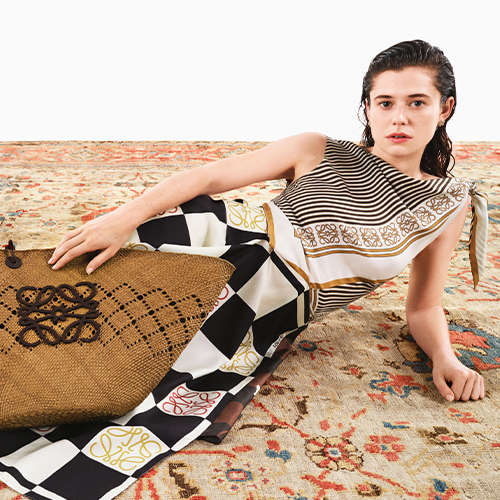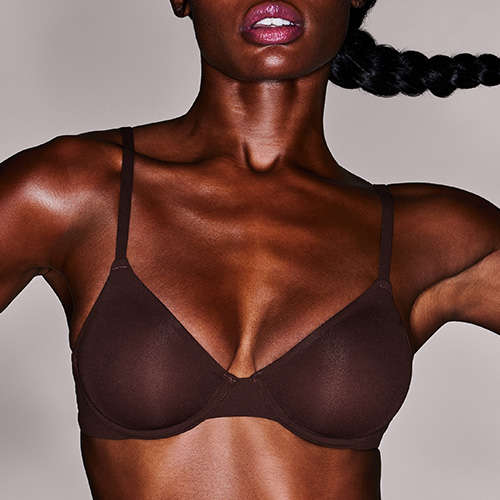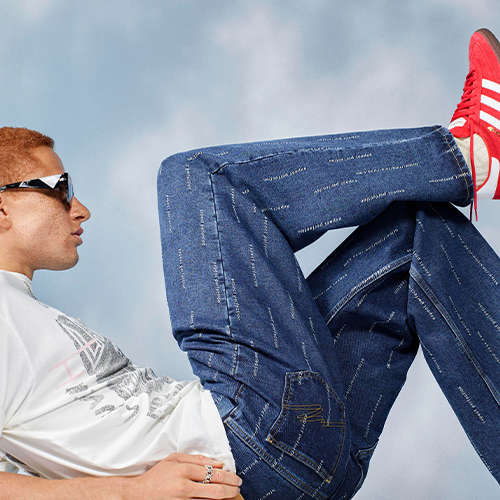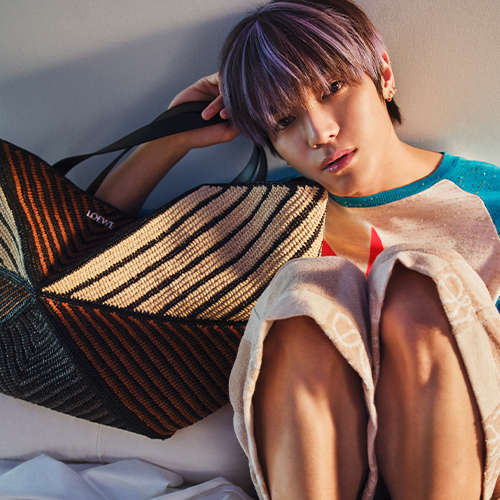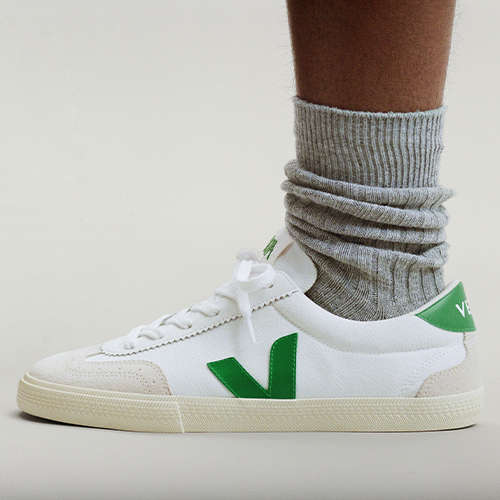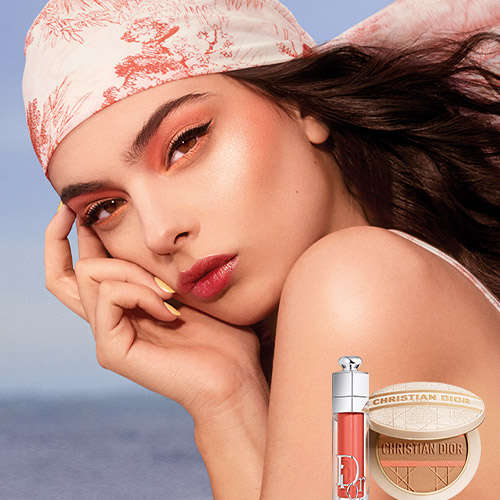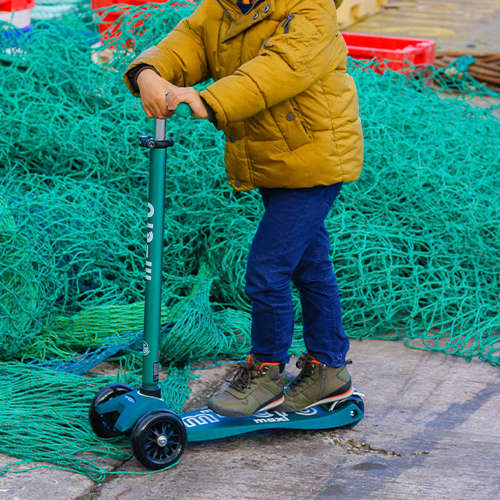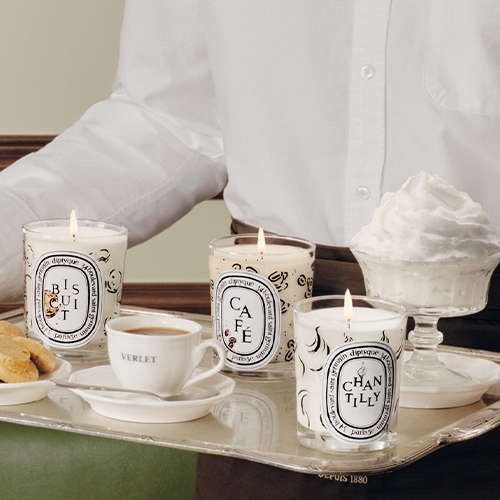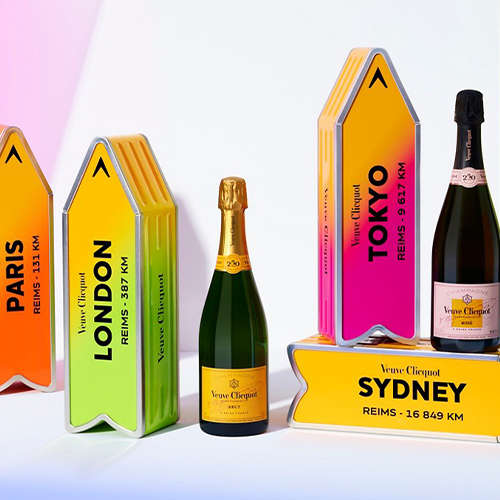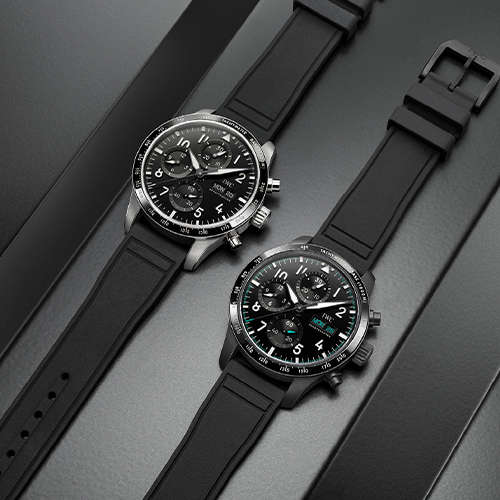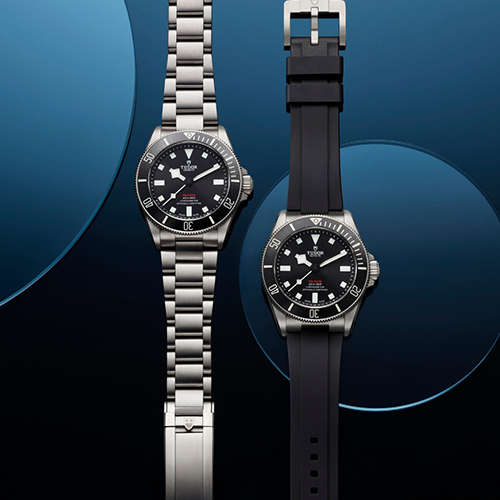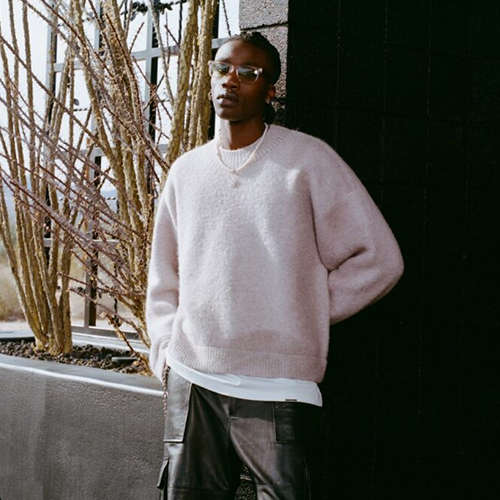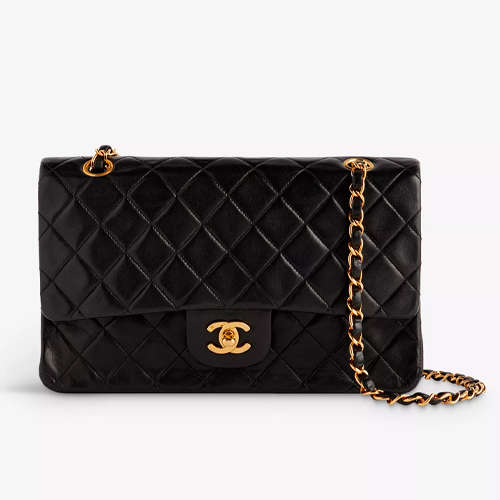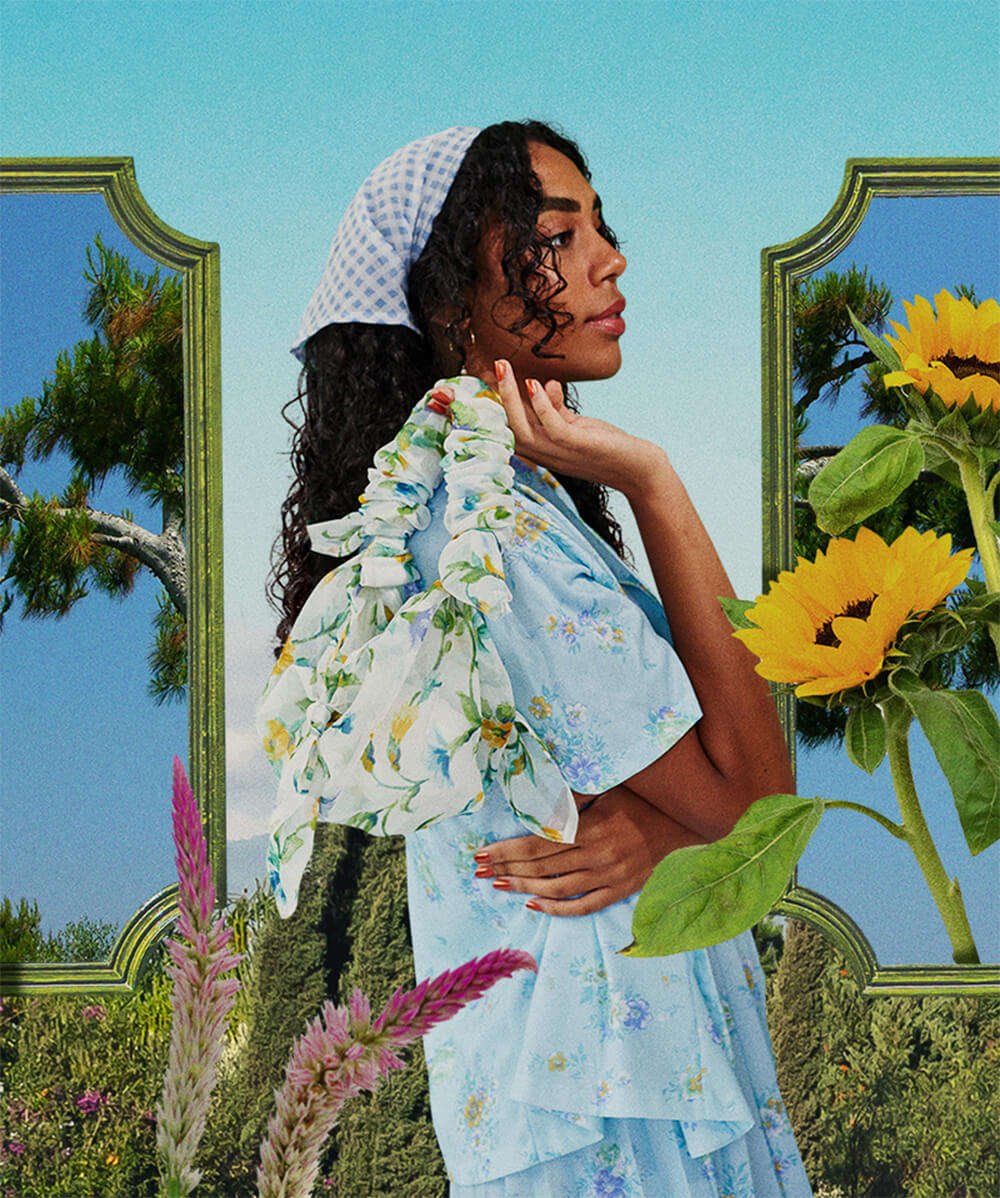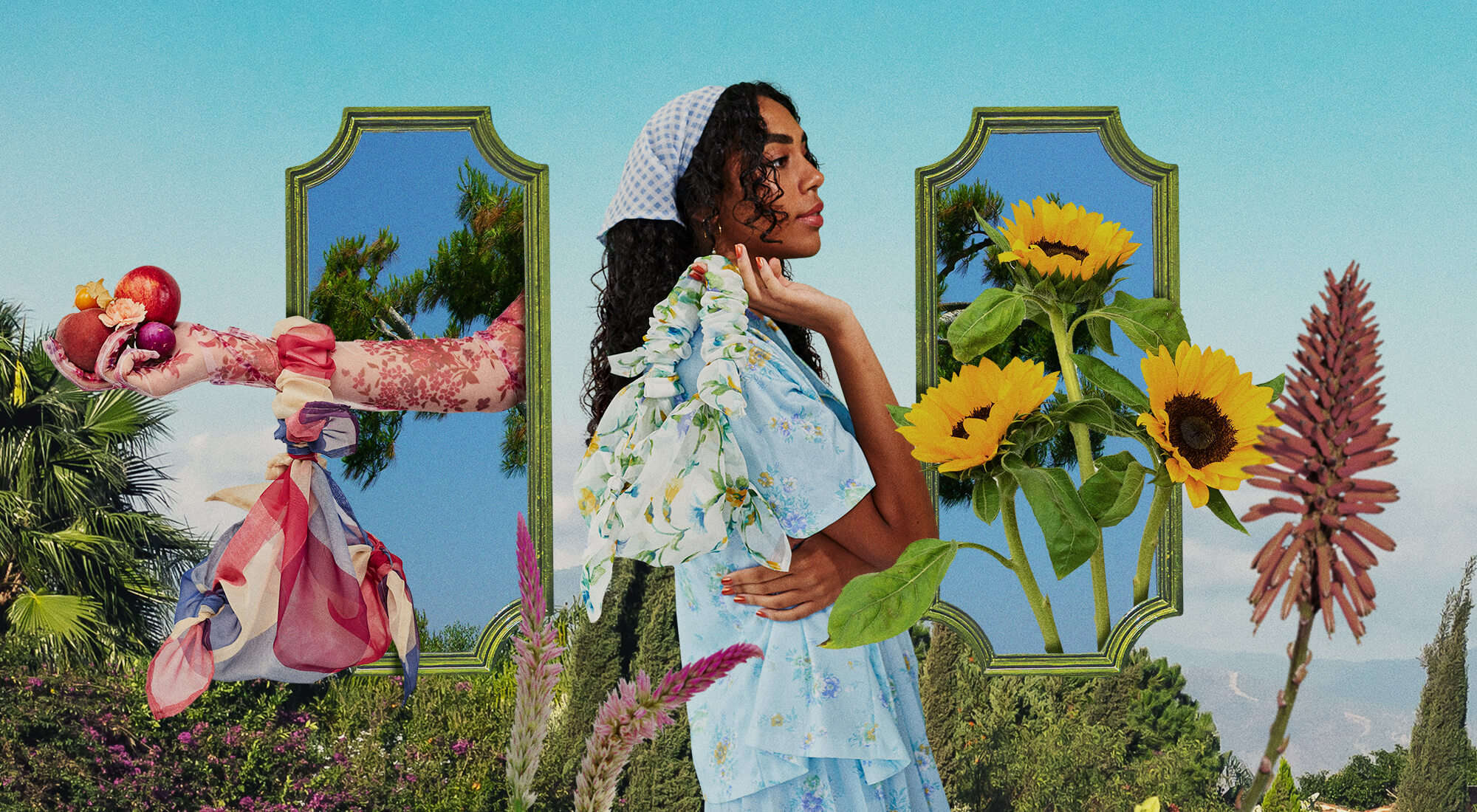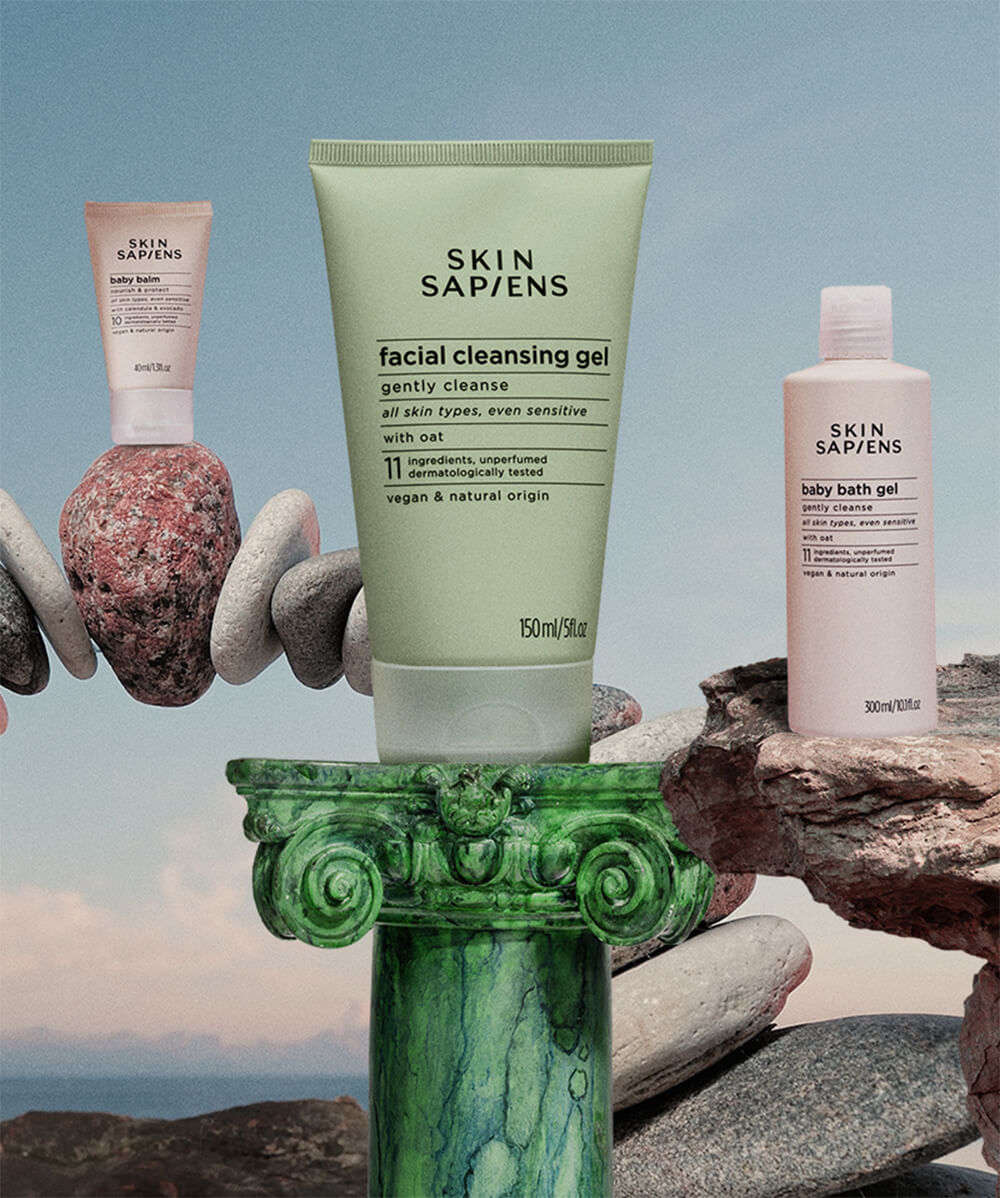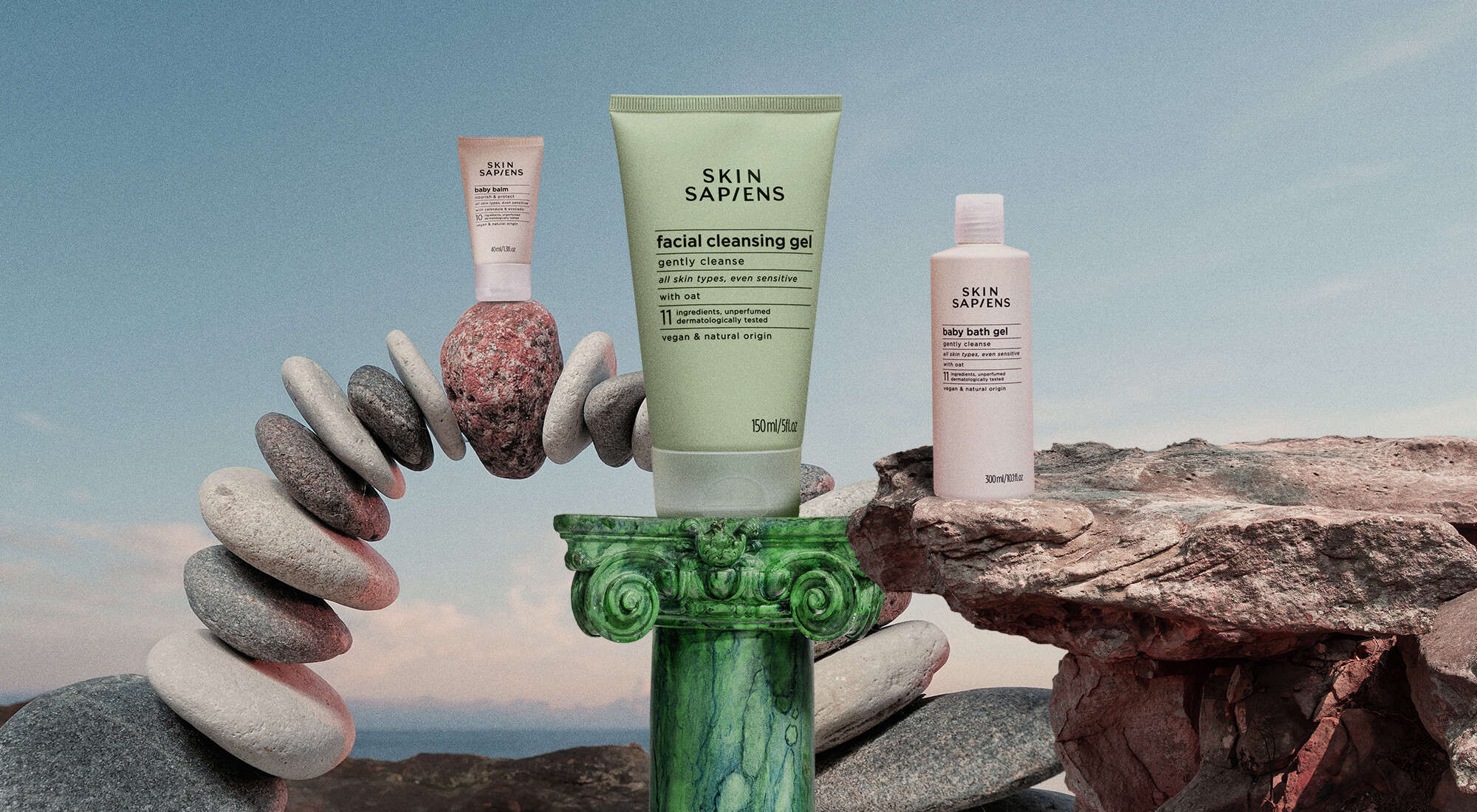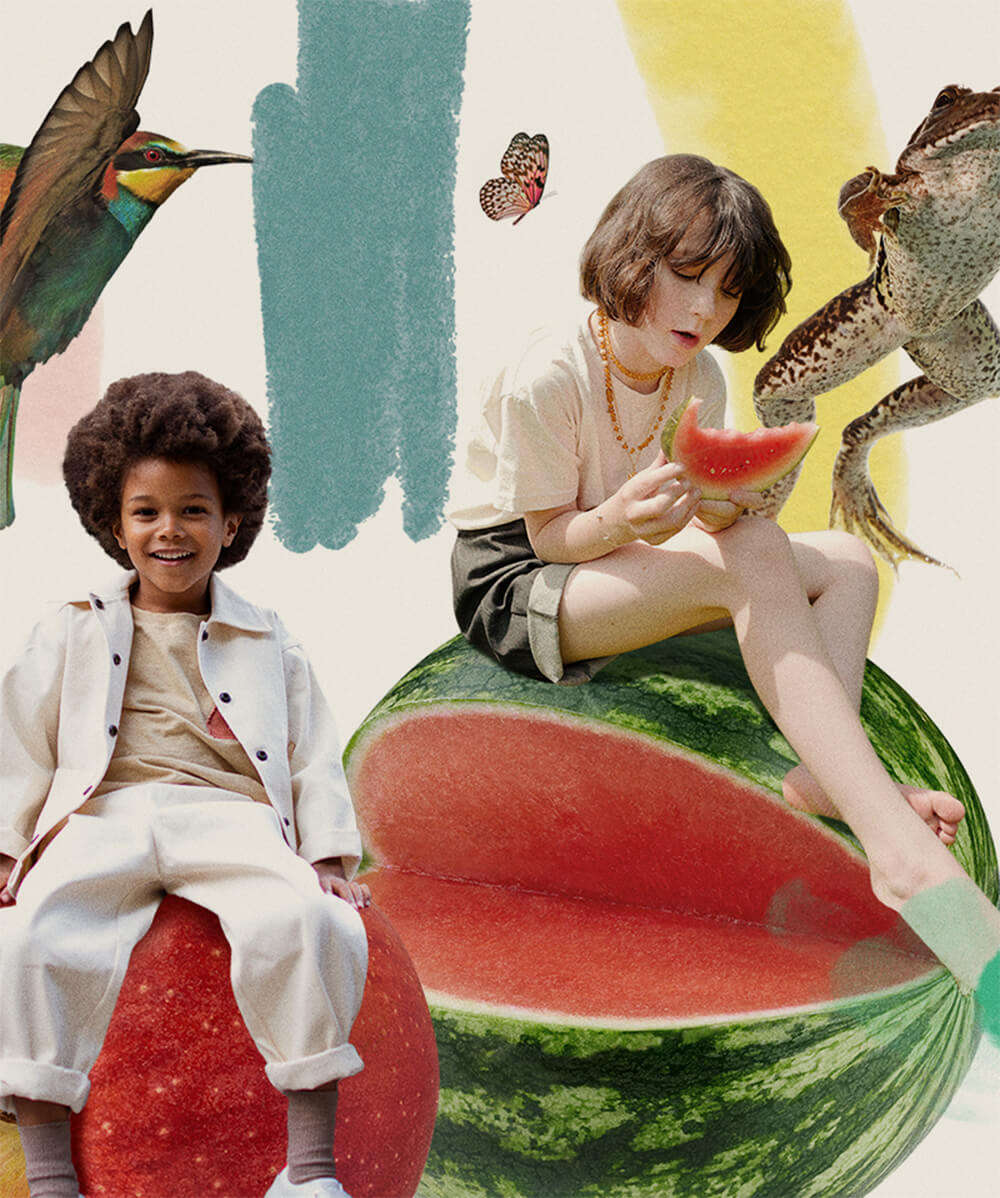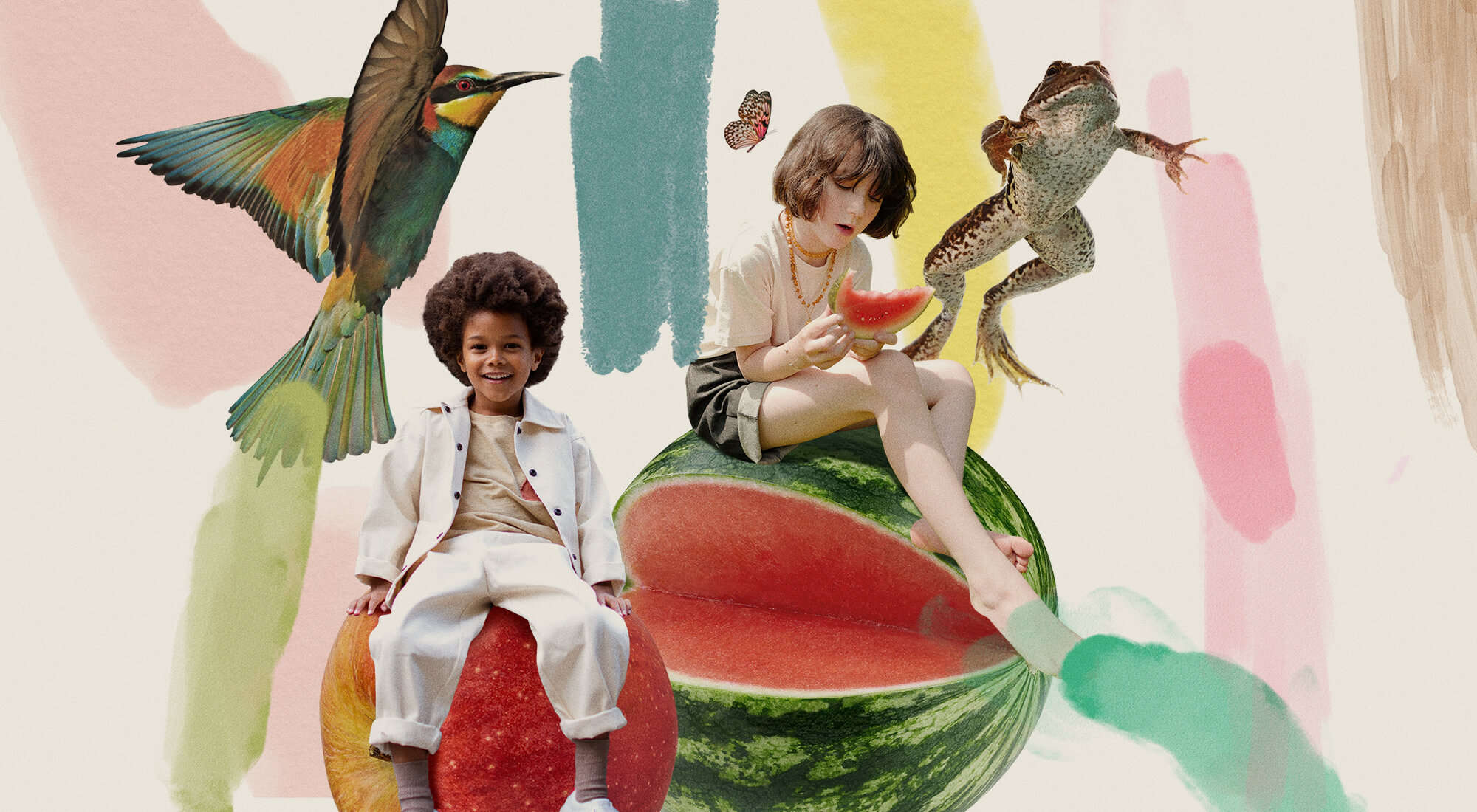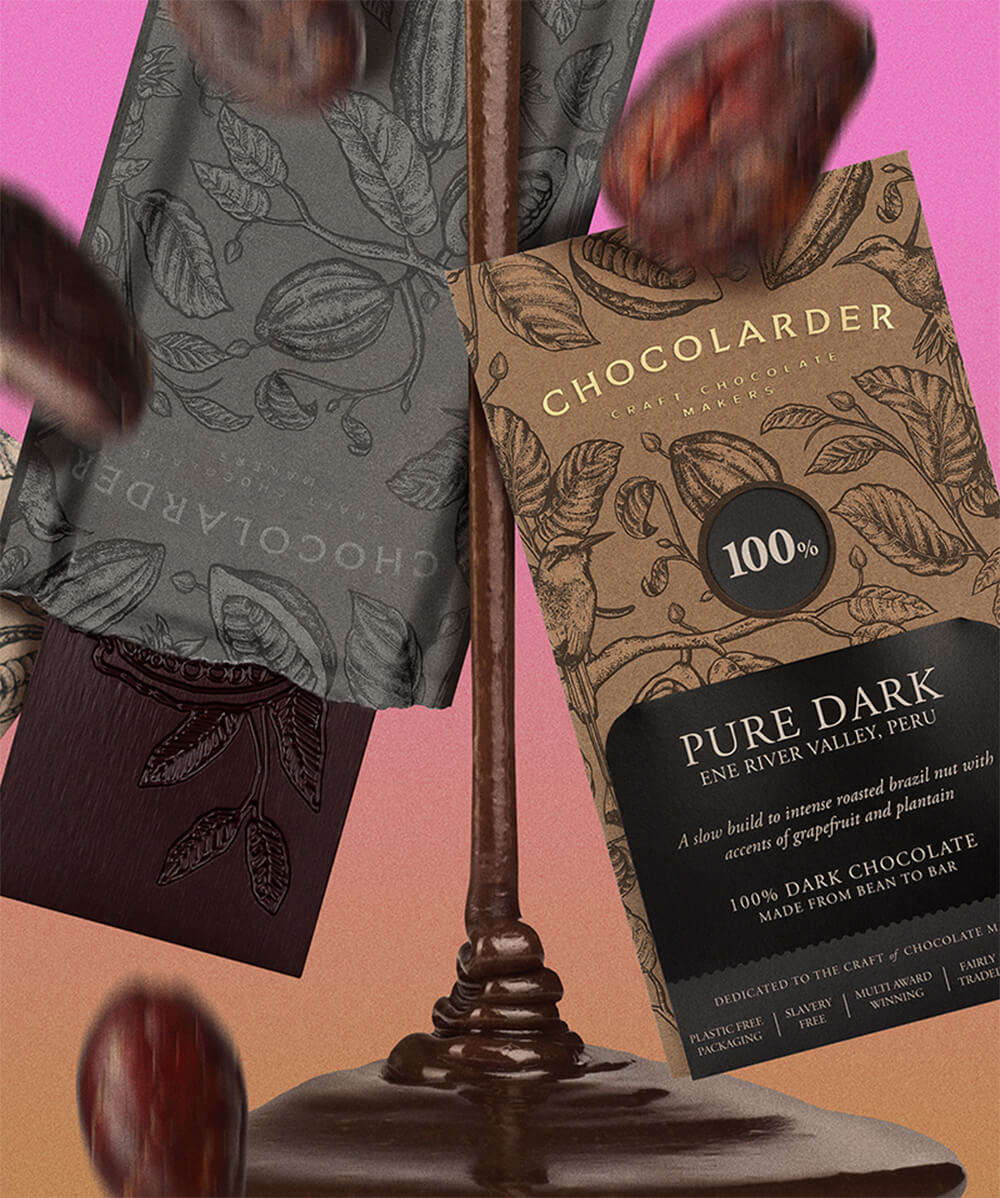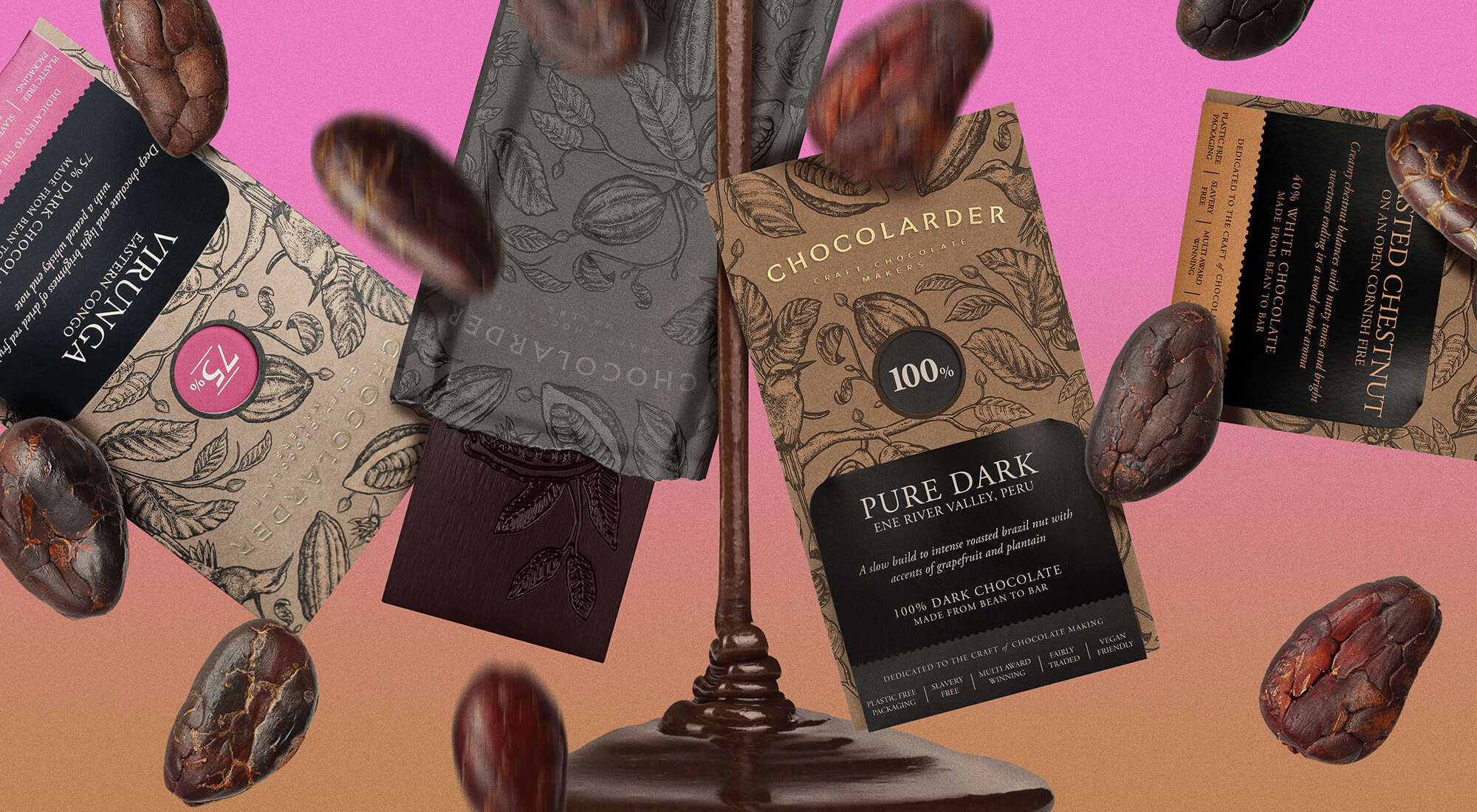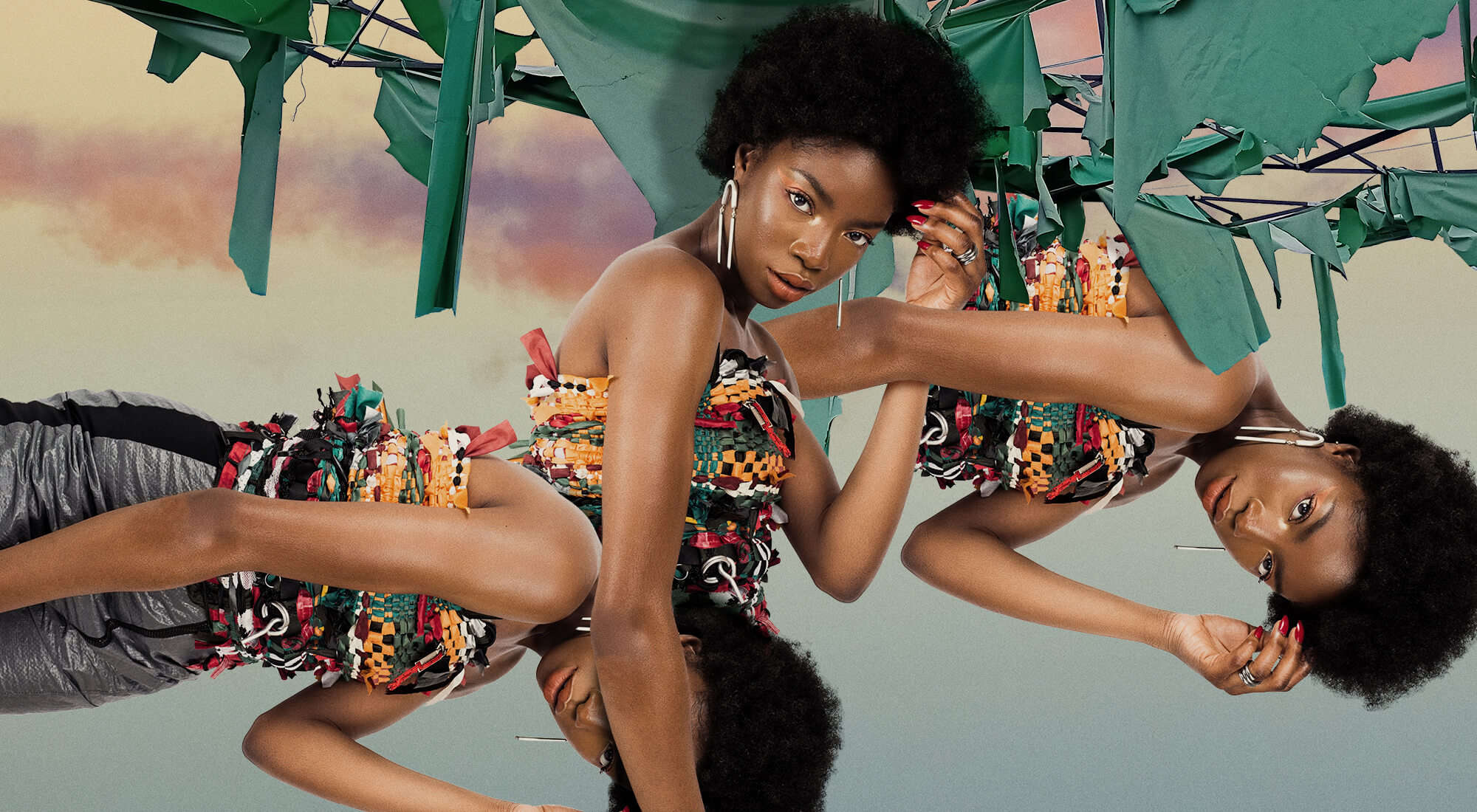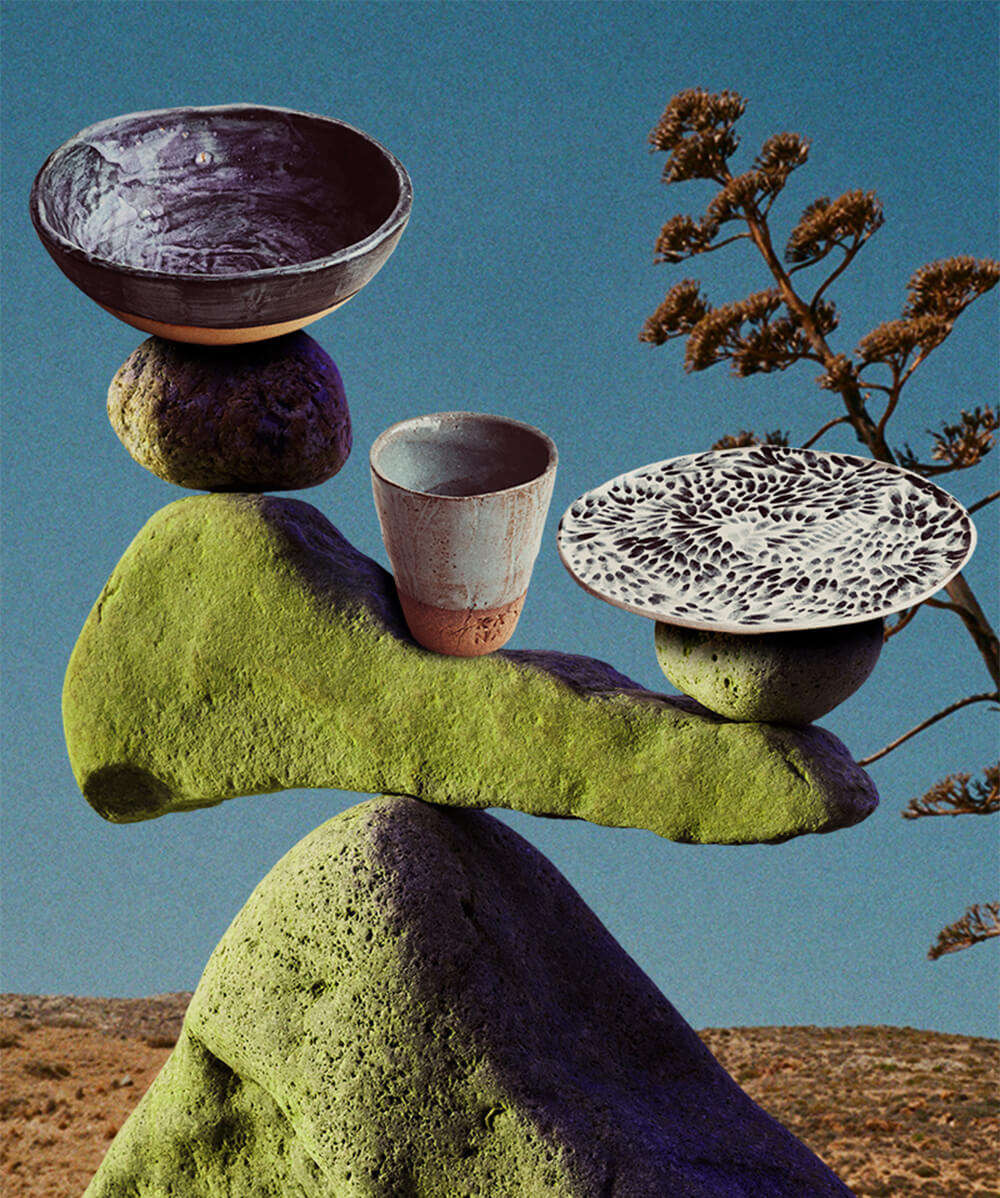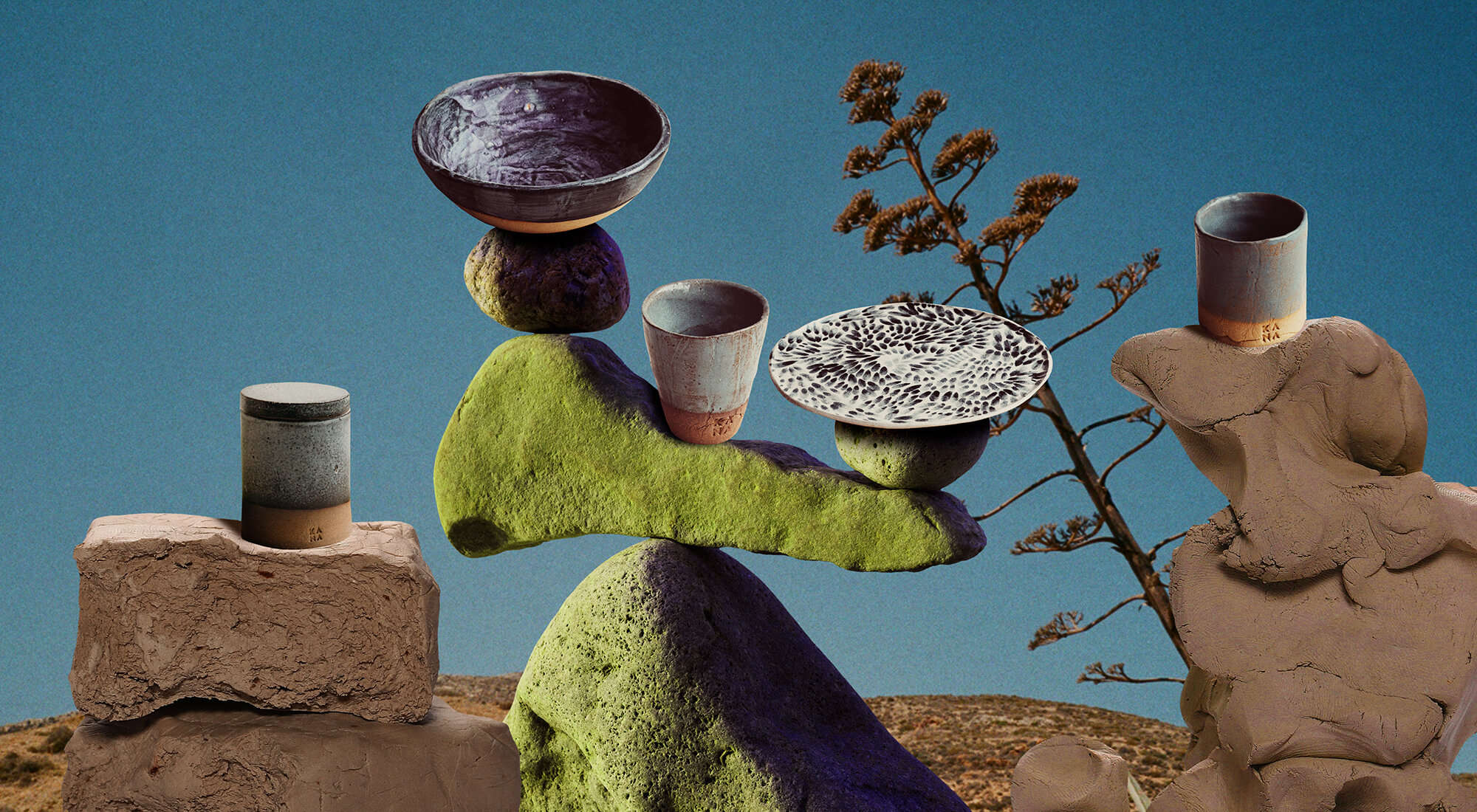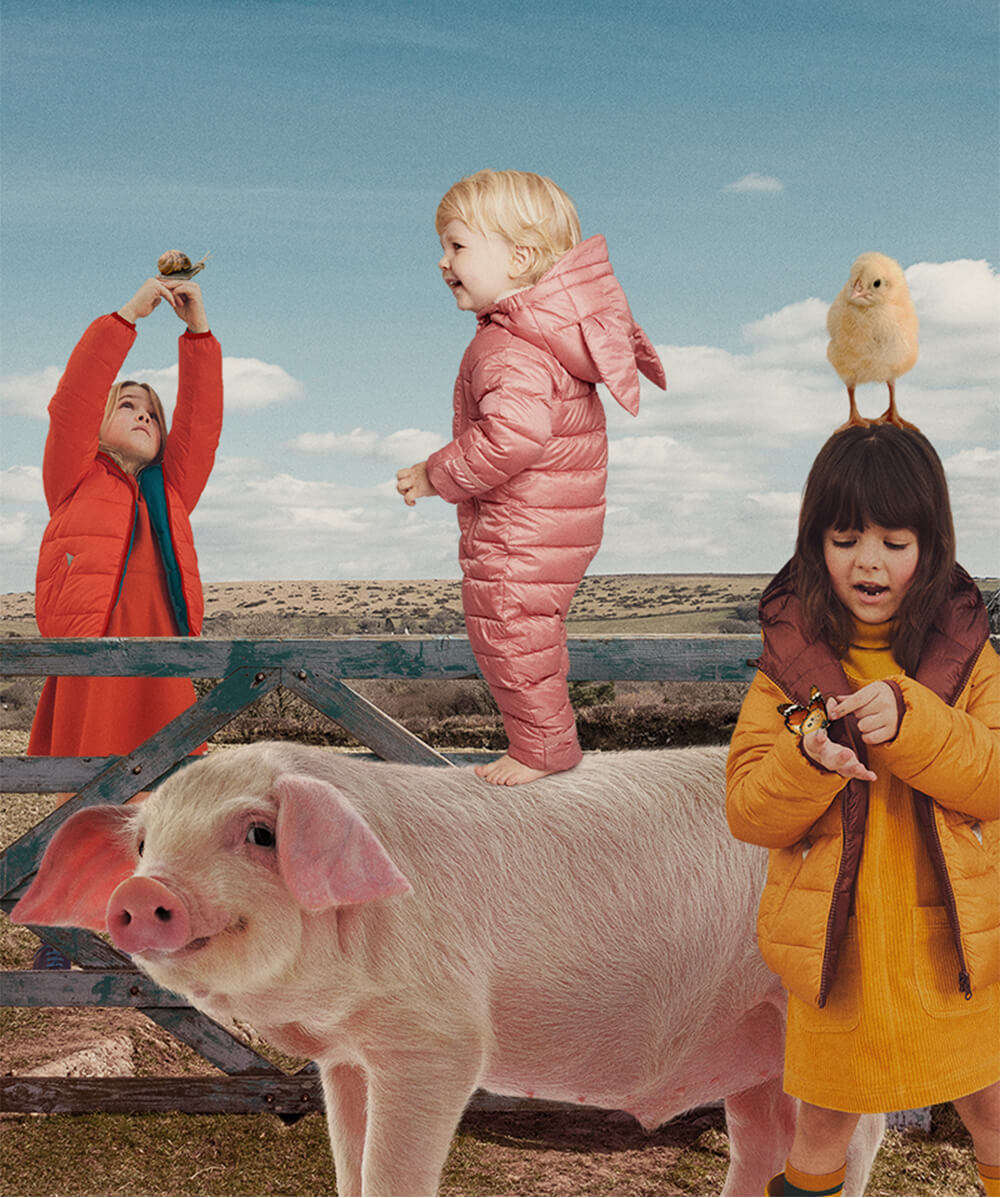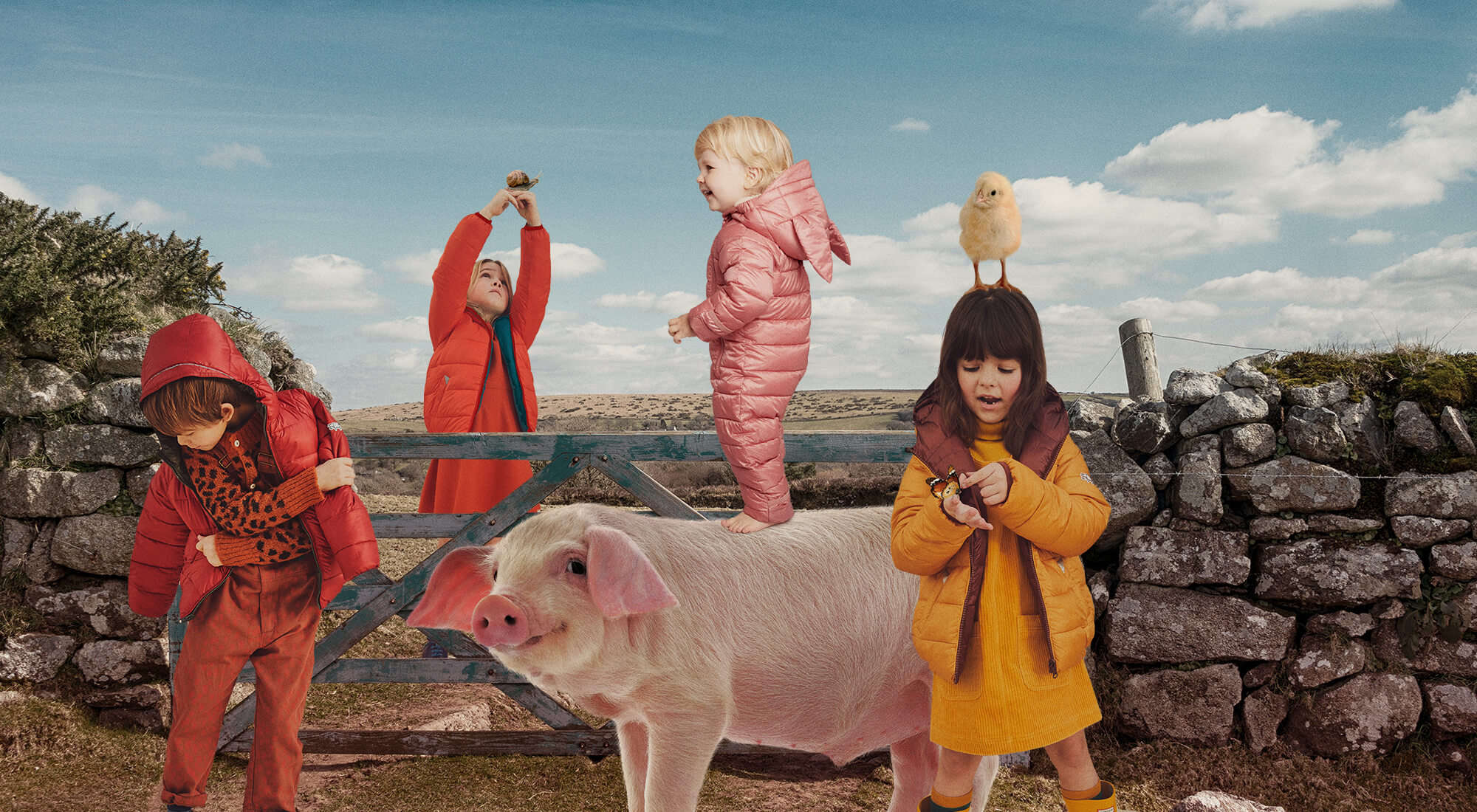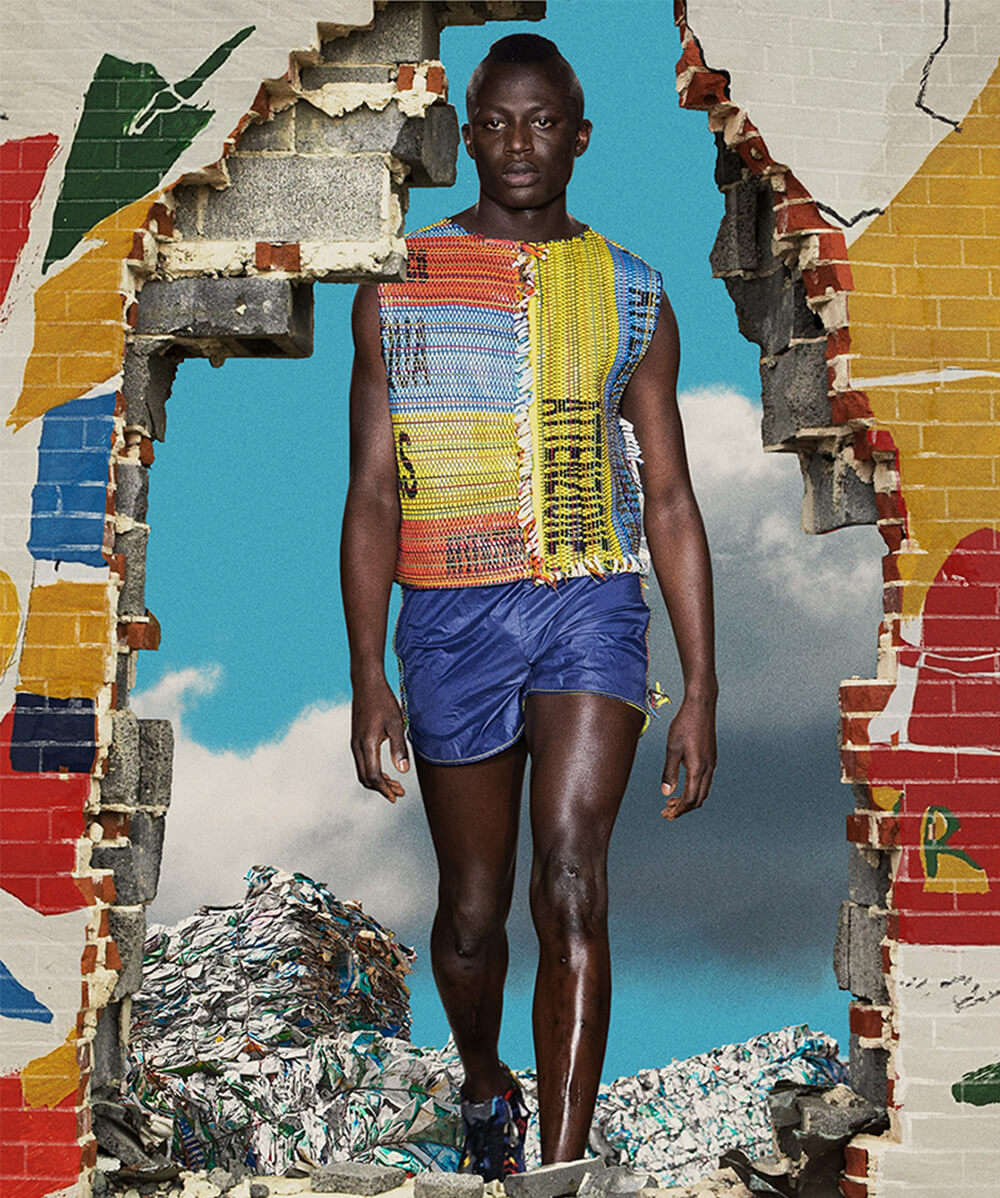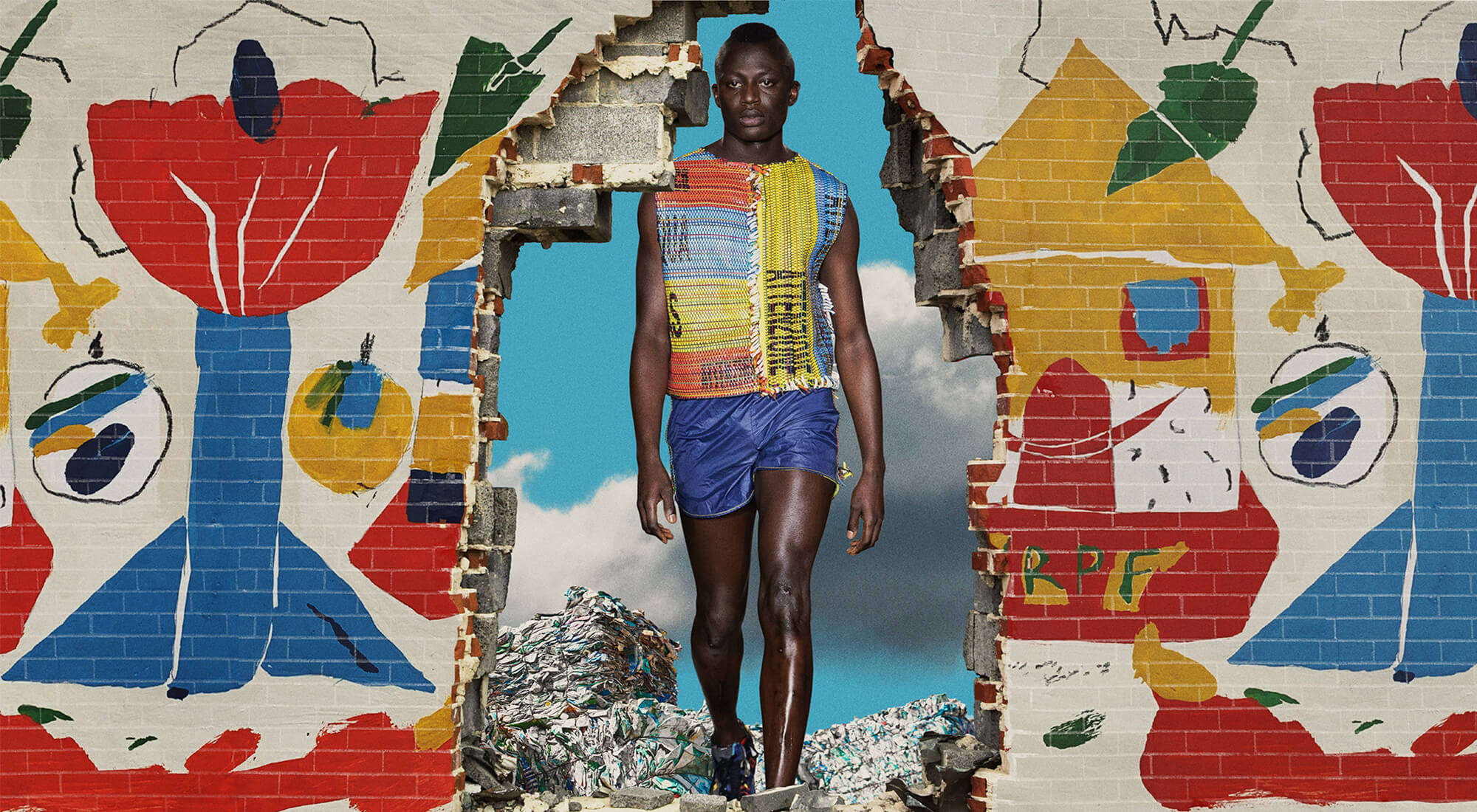- Australia / AUD $
- Canada / CAD $
- China / CNY ¥
- France / EUR €
- Germany / EUR €
- Hong Kong SAR China / HKD $
- Ireland / EUR €
- Italy / EUR €
- Japan / YEN ¥
- Kuwait / USD $
- Macao SAR China / HKD $
- Netherlands / EUR €
- Qatar / USD $
- Saudi Arabia / USD $
- Singapore / SGD $
- South Korea / KRW ₩
- Spain / EUR €
- Taiwan / TWD $
- United Arab Emirates / USD $
- United Kingdom / GBP £
- United States / USD $
- Not yours? Read more
Tell us what you think
Shop in your local currency and language
You are currently in United Kingdom GB / GBP £ store
- English
- English
- English
- English
- English
- English
- English
- English
- English
- English
- English
- English
- English
- English
- English
- English
- English
- English
- English
- English
- English
Did you know that we deliver to 130 countries or regions and offer a range of delivery options to suit you wherever you are in the world? Find out more
Sign up once to our Selfridges+ service and you can enjoy unlimited deliveries wherever you are in the world. FIND OUT MORE
International delivery
With almost everything on selfridges.com available for International Delivery, you can send your order to 130 countries or regions around the world, including North America, Australia, the Middle East and China.
Although we only offer 20 currencies to browse in online, you can still deliver to all of the following countries or regions:
- Algeria
- Andorra
- Antigua and Barbuda
- Aruba
- Australia
- Austria
- Azerbaijan
- Bahrain
- Bangladesh
- Barbados
- Belarus
- Belgium
- Belize
- Bermuda
- Bolivia
- Botswana
- Brunei
- Bulgaria
- Cambodia
- Canada
- Cayman Islands
- Chile
- China
- Colombia
- Costa Rica
- Croatia
- Cyprus
- Czech Republic
- Denmark
- Dominica
- Dominican Republic
- Ecuador
- Egypt
- El Salvador
- Estonia
- Finland
- France
- French Guiana
- Germany
- Gibraltar
- Greece
- Grenada
- Guadeloupe
- Guatemala
- Guernsey
- Guyana
- Honduras
- Hong Kong
- Hungary
- Iceland
- India
- Indonesia
- Ireland
- Israel
- Italy
- Jamaica
- Japan
- Jersey
- Jordan
- Kazakhstan
- Kenya
- Kuwait
- Laos
- Latvia
- Lebanon
- Lesotho
- Liechtenstein
- Lithuania
- Luxembourg
- Macau
- Malaysia
- Maldives
- Malta
- Martinique
- Mayotte
- Mexico
- Monaco
- Montserrat
- Morocco
- Myanmar
- Namibia
- Netherlands
- New Zealand
- Nicaragua
- Nigeria
- Norway
- Oman
- Pakistan
- Panama
- Paraguay
- Peru
- Philippines
- Poland
- Portugal
- Puerto Rico
- Qatar
- Reunion
- Romania
- Rwanda
- Saint Kitts and Nevis
- Saint Lucia
- Saint Martin (French part)
- San Marino
- Saudi Arabia
- Serbia
- Singapore
- Slovakia
- Slovenia
- South Africa
- South Korea
- Spain
- Sri Lanka
- Suriname
- Swaziland
- Sweden
- Switzerland
- Taiwan
- Tanzania
- Thailand
- Trinidad and Tobago
- Turkey
- Uganda
- Ukraine
- United Arab Emirates
- United Kingdom
- United States
- Uruguay
- Venezuela
- Vietnam
Bright New Things
Meet the latest planet-friendly recruits to our emerging talent initiative
Words: Chekii Harling. Collage Artist: Mat Maitland
Here at Selfridges, we’re always on the lookout for innovative makers who produce beautiful, unique products that also have a low impact on the planet.
To celebrate this year’s cohort of Bright New Things joining the Selfridges family as part of our emerging talent initiative, we spoke to the individuals behind each label to discover how they create responsible products and their hopes and dreams for the future. And in the spirit of earth-conscious design, rather than showcasing the work of our Bright New Things in a photoshoot, we teamed up with renowned collage artist Mat Maitland to bring their visions to life. Introducing the ones to watch in sustainable design...
ROOP
The founder: Natasha Fernandes
The brand’s story:
Roop’s playful silk-satin accessories (think Japanese furoshiki-style bags with scrunchie straps) are a shining example of how fashion can be redefined for a fun, sustainable future. “You should love and cherish what you wear. I make affordable products that last a long time,” says Fernandes, who christened the brand after her own nickname.
The materials:
Roop’s bags are made from deadstock vintage fabrics and plenty of silk satins. “Satin is often reserved for occasion wear, which makes Roop accessories extra special,” says Fernandes. Made with leftover recycled materials, many of Roop’s designs are limited editions.
The future:
“I would love to be crowned the queen of all things scrunched! My goal with Roop is to grow the range, continuing to create accessories that make people happy.”
ROOP's recycled silk accessories
SKIN SAPIENS
The founder: James Jardella
The brand’s story:
After spending much of his professional life working for some of the world’s biggest beauty brands, James Jardella says he “always felt brands could do more to lift the lid on what’s really inside the creams, lotions and potions that we put on our bodies”. Taking matters into his own hands (quite literally), James began getting crafty in his kitchen, concocting a multi-use balm for friends and family. Before he knew it, Skin Sapiens was born.
The ingredients:
Jardella uses calming and soothing natural botanicals, such as calendula, avocado and oat oils, which are mixed together in a vegan-friendly lab in Stockholm. Skin Sapiens’ packaging is made from recycled plastics that are designed to be recycled again. “We have said goodbye to black plastics, single-use plastics and composite materials,” explains Jardella.
The future:
"The simplification of beauty is the most fundamental thing we can do to create true transparency in our industry. By making more informed choices as a company, we can empower people to create positive change in their daily lives – both for their skin and the planet. And becoming a part of Bright New Things is a real milestone for us, as Selfridges has continued to show the world what sustainable retail can look like." concludes Jardella.
Skin Sapiens’ natural, earth-conscious cosmetics
PIPPINS DENIM
The founder: Kaye Stanton
The brand’s story:
Childrenswear brand Pippins Denim is bringing back the art of making garments with love. Each design is crafted from sustainably sourced denim, cut and sewn in a small, family-run factory in London.
The materials:
Pippins Denim uses 100% GOTS (Global Organic Textile Standard) certified organic cotton, woven in Italy by Candiani Denim, which is recognised as one of the greenest denim mills in the world.
The future:
“To have a company as iconic as Selfridges share our brand vision is a dream come true for us. Offering a space for smaller sustainable brands who are doing things differently is so important for the industry as a whole. As a brand, we are working towards becoming a seasonless brand and we’re developing a capsule collection for adults – this is something customers have been asking for from the beginning, so we are so excited to bring it to life! A longer-term dream is to bring manufacturing back to Sheffield, creating new jobs and opportunities. Garment-making is a skill that has lost its value in the current climate of fast fashion. We hope to play a part in changing this culture,” says Kaye.
Pippins Denim organic childrenswear
CHOCOLARDER
The founder: Mike Longman
The brand’s story:
It was while working as a pastry chef, that Founder Mike Longman discovered the complexity of the chocolate supply chain. “I was devastated to discover child workers, poor ingredients, bulking agents and rainforest destruction – it was almost enough to put me off chocolate for life!” explains Longman. Starting small, Mike began to experiment in his kitchen with beans bought from small farmsteads. Today, his chocolate, which comes wrapped in plastic-free packaging, is manufactured in a small Falmouth-based factory powered by 100% renewable energy.
The ingredients:
Chocolarder’s fine-quality, stone-ground cocoa beans are sourced directly from family-run plantations in Venezuela, Java, Madagascar, Peru and the Dominican Republic, and shipped by sailing boat to Falmouth. The beans are then fused with unrefined raw sugar from a green-harvest project in Brazil. “The sugar is harvested without burning the crop and the cane is used to create heat, generating more energy than the farm consumes, which results in a carbon-negative sugar supply,” says Longman. Some of the luxury ingredients found in Chocolarder’s creations include Cornish honey from native black bees and wild-foraged gorse flowers.
The future:
“To us, being nominated for Bright New Things represents not just recognition for what we have done, but who we are and what we are doing. The fact that a company like Selfridges, recognised for its commitment to quality, ethics and sustainability, has selected us to be the first food company featured [in the Bright New Things initiative) makes us feel honoured. We are proud to be one of 50 chocolatiers in the UK that creates authentic, ethical chocolate. The farmers who produce our cocoa are paid 50% above the fair-trade price for their beans. We aim to continuously perfect the craft while never compromising on quality, in search of the perfect chocolate,” concludes Longman.
Chocolarder’s luxurious treats that put people and the planet first
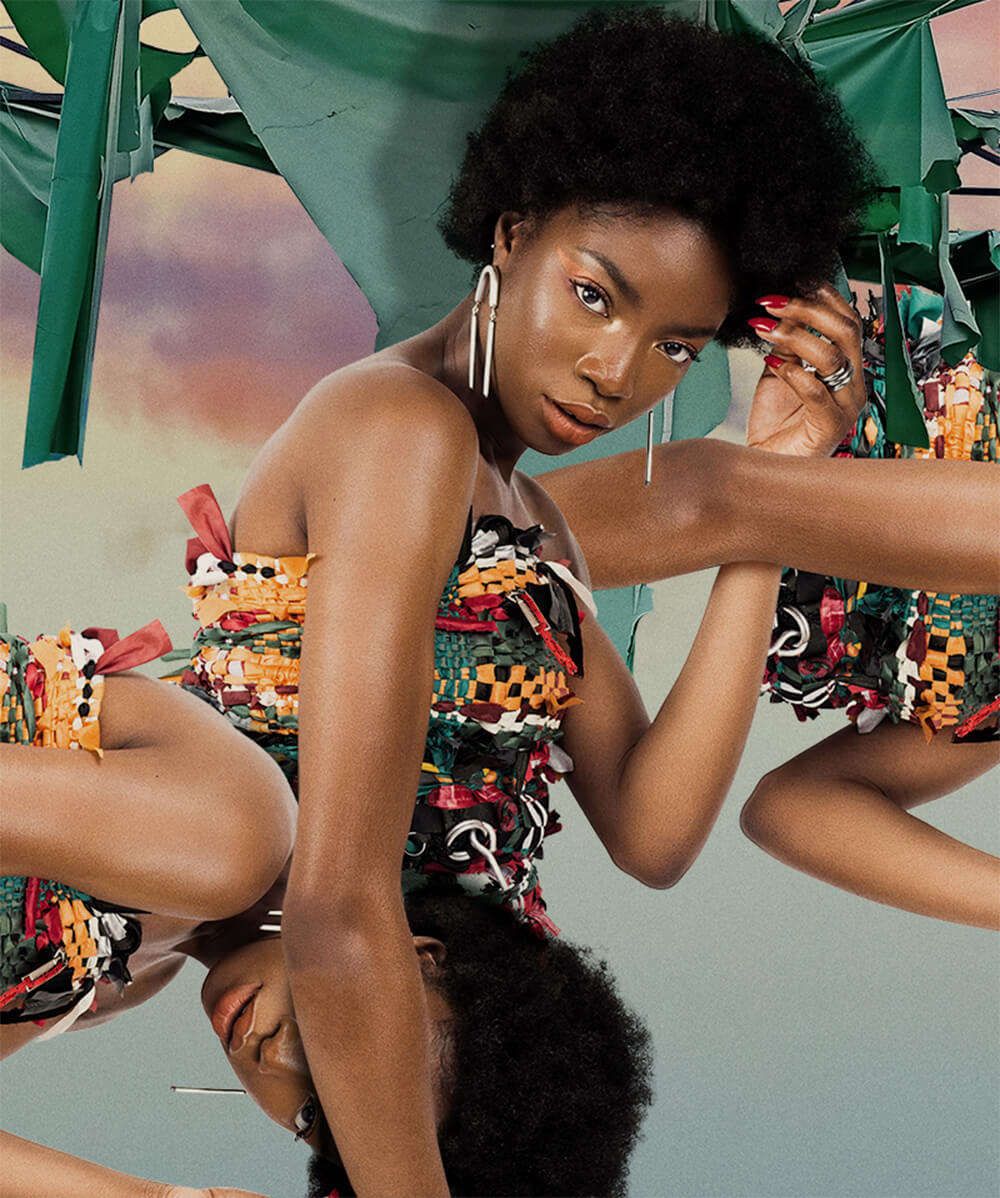
CHLOE BAINES - Bodice woven from disgarded tents
CHLOE BAINES
The founder: Chloe Baines
The brand’s story:
Delicately woven in north London, Chloe Baines’ bold, textural womenswear designs champion handcraft. The London College of Fashion graduate learned the art of knitting and customisation from her mother, before going on to study art and fashion design. “Studying design made me realise how much skill, time and resource goes into making a garment. I began to rethink how I looked at clothes and textiles,” explains Chloe.
The materials:
Chloe uses tents, which are donated by charities or left over from festivals, to create her garments. “The process always begins with a tent. At the moment, we are working with donations from 2019 because all the festivals were cancelled this year,” says Chloe. She fuses this hard-wearing material with fabrics sourced from charity shops to help implement positive change in the industry.
The future:
“We are continuing to plan our craft workshops while expanding our size offering to ensure we are inclusive by catering to many different body types,” explains Chloe.
Studying design made me realise how much skill, time and resource goes into making a garment. I began to rethink how I looked at clothes and textiles
- Chloe Baines
KANA LONDON
The founder: Ana Kerin
The brand’s story:
Kana London’s Yugoslavian founder, Ana Kerin, is an east London-based sculptor, painter and ceramicist. She produces kitchenware that blurs the line between functionality and art. “In Yugoslavia, products were produced to last a lifetime. I grew up seeing people have a very close relationship with the objects they owned,” explains Kerin.
The materials:
Stoneware clay and glazes are sourced from specialist suppliers in the UK, while the brand’s glass collection is made exclusively from recycled glass manufactured just outside Paris. As Kerin says: “I believe that surrounding ourselves with objects made from natural materials in our living spaces is extremely important.”
The future:
“As an artist, my creative flow is fast and intuitive. I want to keep exploring, experimenting and making new work that responds to both people and the experiences around food. It’s so amazing to see high-street retailers [like Selfridges] looking to change the way we shop while bringing conscious brands on board that are committed to creating wonderful alternatives. It feels really flattering and exciting to be part of this new movement Selfridges is creating,” explains Ana Kerin.
Kana London’s handmade ceramics, designed to last a lifetime
TÖASTIE
The founders: Kirstie Duke and Lucinda Waite
The brand’s story:
Töastie was founded by two friends who met at university and found they shared a mutual love of the great outdoors. Together, they set out to bring stylish, high-quality children’s outerwear to the market, while also ensuring it was affordable, lightweight and cosy (not to mention sustainable) – hence the brand’s name.
The materials:
Their EcoReversible® Cloud Puffers use Sorona eco-down fill (a 60% natural, renewable corn fibre) fused with recycled polyester. “On average, each of our raincoats is made out of seven plastic bottles and each of our dungarees is made out of six,” explains Duke. The plastic bottles are compressed, sent to a yarn factory, cleaned, chopped into flakes and melted, before being spun into a beautifully soft, hard-wearing material.
The future:
“Selfridges Project Earth is one of the most inspiring initiatives to come from an industry titan of late and the significance of this new ambition cannot be underestimated. To be recognised among brands that put sustainability at the heart of everything they do is incredibly humbling – we are honoured to be part of it. Our brand is underpinned by a love for our planet. When children spend time outdoors – exploring, foraging, discovering – it opens up a new path of learning, capturing their imaginations. By creating sustainable outerwear, we aim to combine business with a passion for nature to fulfil our duty in protecting the environment for generations of children to come,” concludes Duke.
TÖASTIE's eco-friendly outerwear loved by little ones
Bethany Williams AW20
BETHANY WILLIAMS
The founder: Bethany Williams
The brand’s story:
Bethany Williams has managed to combine both environmental sustainability and social responsibility within her eponymous label. For her last three collections, Williams has collaborated with The Magpie Project, donating 20% of each season’s profits to the charity, which provides support and advice to mothers and children in temporary or insecure accommodation. For AW20, Williams joined forces with illustrator Melissa Kitty Jarram and emblazoned graphic interpretations of the Magpie community’s personal stories on wide-legged trousers, hoodies and patchworked coats.
The materials:
Williams’ pieces are constructed solely from recycled and organic materials, including deadstock denim, sustainably sourced viscose and repurposed bedding. A highlight of her AW20 collection was her use of deadstock ribbons, sourced from a manufacturer of toy ponies with rosette neckties.
The future:
“I want the brand to grow in a sustainable way while supporting the diverse social projects we run. We’ll be expanding our research into the repurposing of textiles and how to make it work on a larger scale, while continuing to manufacture with the San Patrignano Community, a rehabilitation centre in Italy, and Making for Change, a fashion training unit in HMP Downview women’s prison,” explains Williams.
Bethany Williams' designs embrace fashion as a force for change
Bright New Things 2019
Discover last year's earth-conscious recruits, available both in store and online

